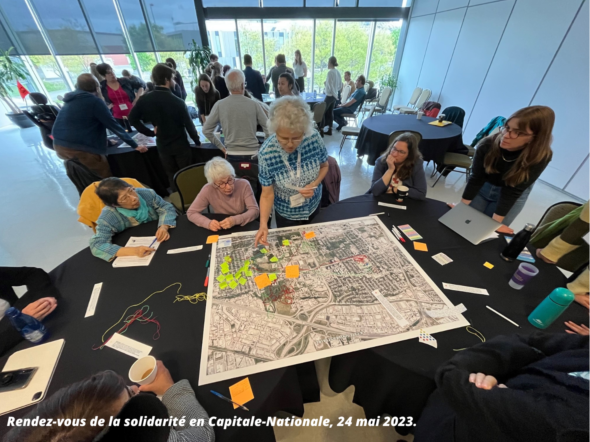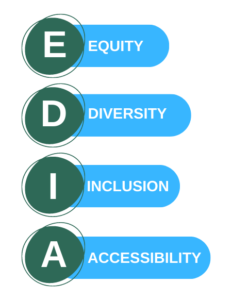
The inclusive and sustainable mobility project aims to promote sustainable means of transport in order to meet climate change objectives.

Some areas or households do not have access to these means of transport for various reasons, creating inequalities.
The project aims to combat these inequalities by placing inclusion at the heart of the approach to achieving the objectives of the fight against climate change.

Understand the systemic obstacles to a fair and equitable transition to sustainable mobility (financial, cultural, geographical, technological…).
Work with partners and disadvantaged populations to identify needs and develop solutions.
Communicate to help make decisions and policies conducive to an inclusive transition.
Experiment with solutions co-constructed with local communities.
Montreal: Work with the citizens of Saint-Michel to identify needs and obstacles to mobility, co-construct solutions, propose experiments and implement them. The work will also be extended to Montréal-Est.
Capitale-Nationale and Chaudière-Appalaches: Meet with local organizations and partners to document the territory and target populations, while collaborating on the co-construction of solutions with a view to experimenting with them.
Bas-Saint-Laurent: Explore and deepen our understanding of local realities, while establishing links with local partners.
Montreal: In collaboration with Transition en commun, la Tohu, Vivre Saint-Michel en santé, Solon and Vivre en Ville.
Capitale-Nationale and Chaudière-Appalaches: In collaboration with Accès Transports Viables (ATV), the Communauté métropolitaine de Québec (CMQ) and the Centre intégré universitaire de santé et de services sociaux de la Capitale-Nationale (CIUSSSCN), as well as Mobili-T.
Bas-Saint-Laurent: In collaboration with the Bas-Saint-Laurent public health department (CISSSBSL), and the Table intersectorielle en SHV du Bas-Saint-Laurent (TIR-SHV).
Want to talk more? Contact us at info@coopcarbone.coop



L’exemple de Norcan Lors de son passage à Glasgow, à l’occasion de la COP26, le secrétaire général de l’ONU insistait…